Who migrates, when they migrate, where they migrate, and why they migrate has a huge effect on cultural identity, acceptance and belonging. This is a hot current topic on news cycles worldwide, but it is certainly not a new phenomenon. Looking from a European perspective, editors Steven King and Anne Winter add an important contribution to this discussion with Migration, Settlement and Belonging in Europe, 1500-1930s: Comparative Perspectives, to be published this month. Below, the editors discuss the volume and their aim to make sense of these experiences across borders of place and time.
________________________________________
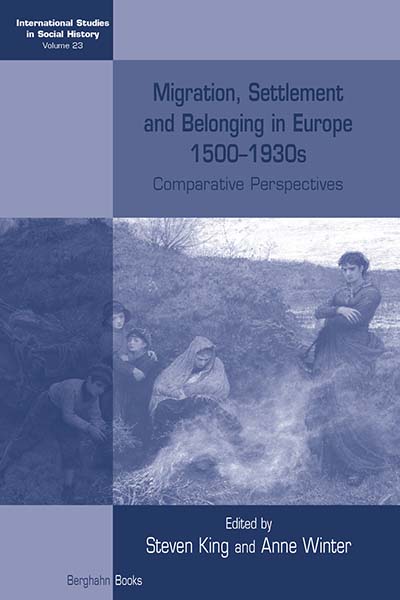 The British print and online media has for the last year been awash with compelling stories about abuses of the welfare system: the mother who has 11 children and feels the state should fund her life choices; the recent immigrants who are entitled to welfare benefits notwithstanding a lack of accumulated contribution; the ‘disabled’ welfare claimants who are exposed as professional dancers or scuba divers.
The British print and online media has for the last year been awash with compelling stories about abuses of the welfare system: the mother who has 11 children and feels the state should fund her life choices; the recent immigrants who are entitled to welfare benefits notwithstanding a lack of accumulated contribution; the ‘disabled’ welfare claimants who are exposed as professional dancers or scuba divers.
Continue reading “Old World Topic, New Discussion: A Look at Migration and Belonging”

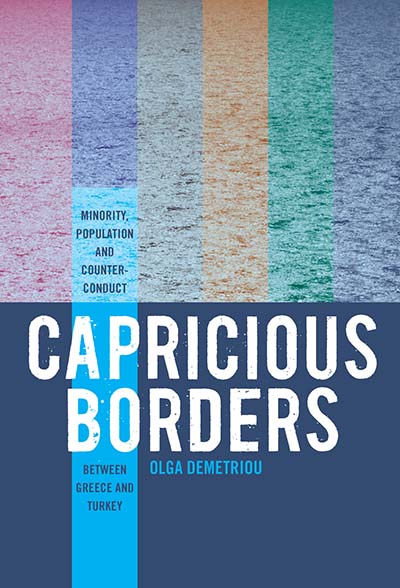
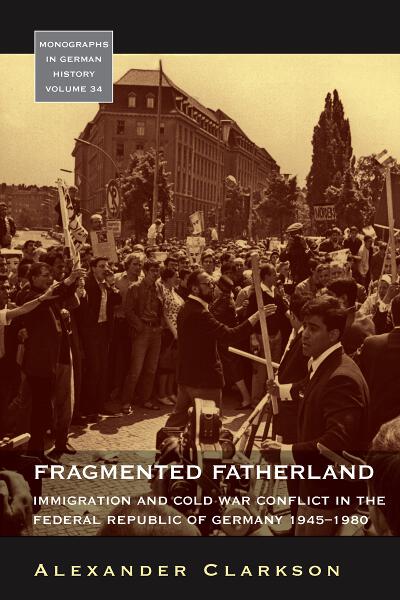
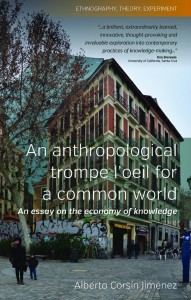 lists:
lists: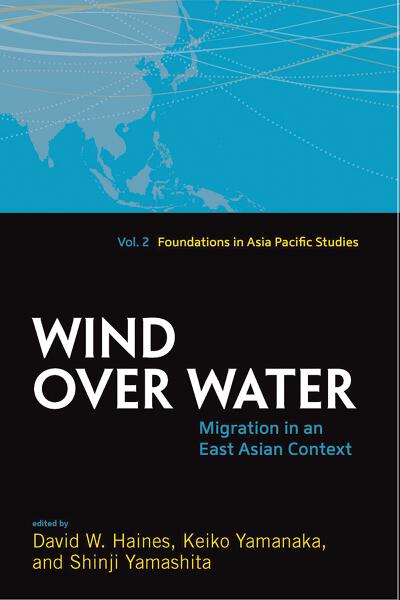 Wind over Water grew out of a concern to see East Asia – and East Asian scholars – better represented in the literature on contemporary human migration. Perhaps its most important purpose has been to show the full range and import of migration in East Asia rather than attempt any particular theoretical or policy argument. Thus the volume ranges, as the back cover blurb will tell you, “from Korean bar hostesses in Osaka to African entrepreneurs in Hong Kong, from Vietnamese women seeking husbands across the Chinese border to Pakistani Muslim men marrying women in Japan, from short-term business travelers in China to long-term tourists from Japan who ultimately decide to retire overseas.” While there are limitations to this kind of inclusive approach, it has the decided advantage of forcing a consideration of East Asia migration in its entirety: whether short-term or long-term, whether internal or across national borders, whether for economic or social purposes. Furthermore, it does so for countries that are closely linked politically and culturally but divided quite sharply between those with already rather well-developed economies, like Japan and South Korea, and those with still developing ones, such as China and Vietnam.
Wind over Water grew out of a concern to see East Asia – and East Asian scholars – better represented in the literature on contemporary human migration. Perhaps its most important purpose has been to show the full range and import of migration in East Asia rather than attempt any particular theoretical or policy argument. Thus the volume ranges, as the back cover blurb will tell you, “from Korean bar hostesses in Osaka to African entrepreneurs in Hong Kong, from Vietnamese women seeking husbands across the Chinese border to Pakistani Muslim men marrying women in Japan, from short-term business travelers in China to long-term tourists from Japan who ultimately decide to retire overseas.” While there are limitations to this kind of inclusive approach, it has the decided advantage of forcing a consideration of East Asia migration in its entirety: whether short-term or long-term, whether internal or across national borders, whether for economic or social purposes. Furthermore, it does so for countries that are closely linked politically and culturally but divided quite sharply between those with already rather well-developed economies, like Japan and South Korea, and those with still developing ones, such as China and Vietnam.
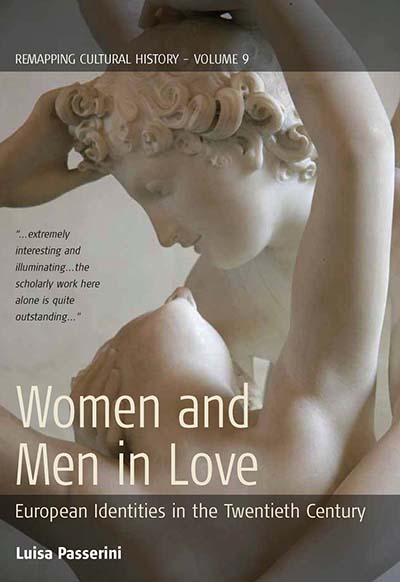
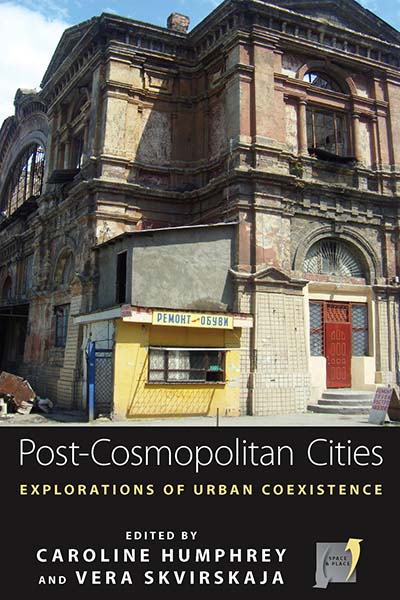 Post-Cosmopolitan Cities: Explorations of Urban Coexistence
Post-Cosmopolitan Cities: Explorations of Urban Coexistence